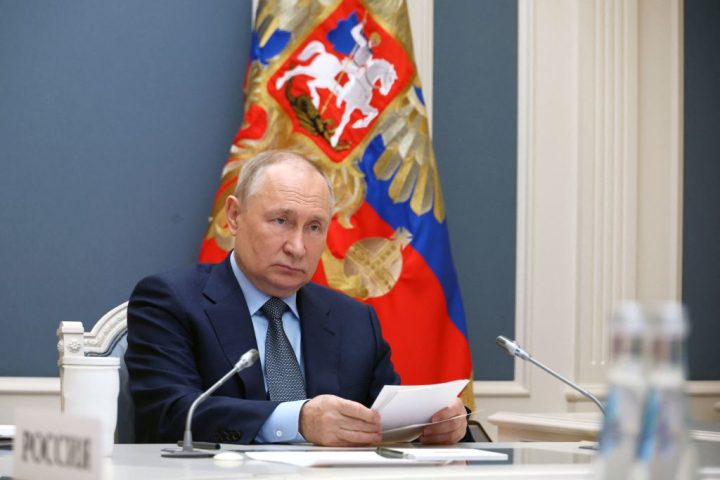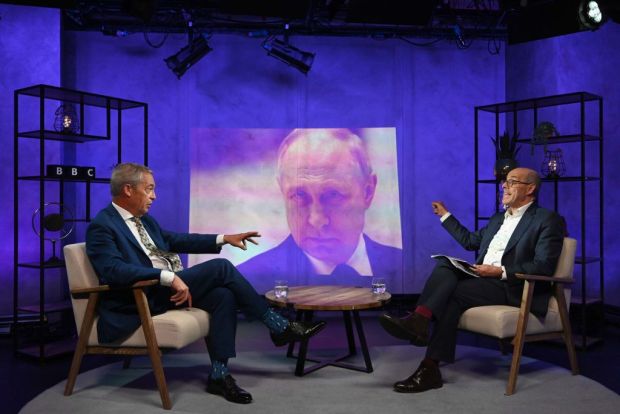One of Russia’s toxic TV presenters recently cackled that Western sanctions ‘have only helped Russia wean itself off dependence on foreign imports and given a boost to our own producers’. At a time when Russia’s third quarter growth has actually exceeded expectations, hitting 5.5 per cent, it is worth noting what sanctions can and cannot do.
Already a subscriber? Log in
Subscribe for just $2 a week
Try a month of The Spectator Australia absolutely free and without commitment. Not only that but – if you choose to continue – you’ll pay just $2 a week for your first year.
- Unlimited access to spectator.com.au and app
- The weekly edition on the Spectator Australia app
- Spectator podcasts and newsletters
- Full access to spectator.co.uk
Or




















Comments
Don't miss out
Join the conversation with other Spectator Australia readers. Subscribe to leave a comment.
SUBSCRIBEAlready a subscriber? Log in